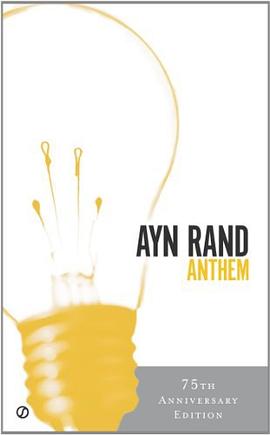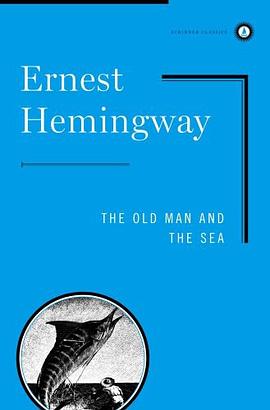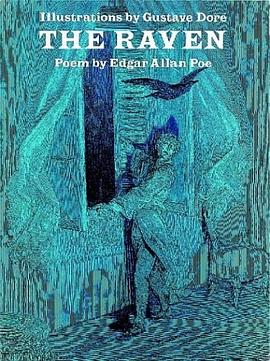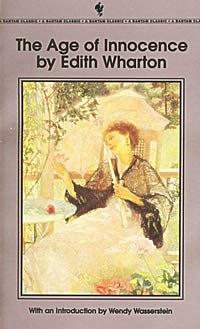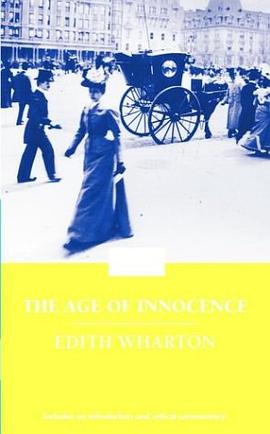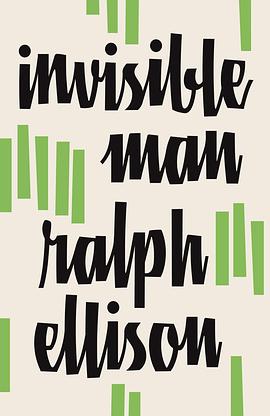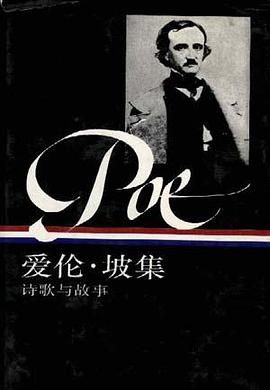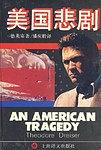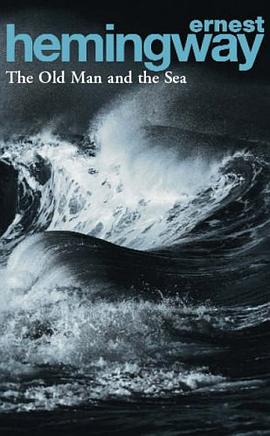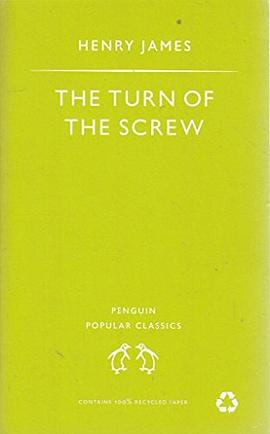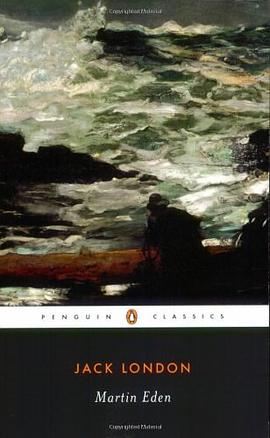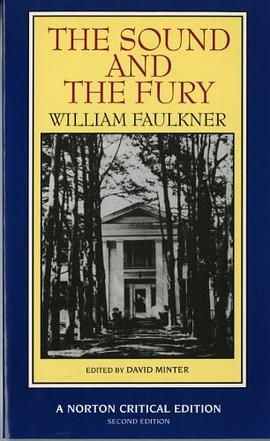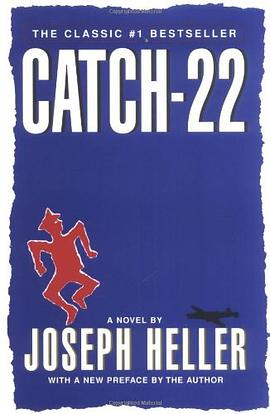

具體描述
Catch-22 is like no other novel. It is one of the funniest books ever written, a keystone work in American literature, and even added a new term to the dictionary.
At the heart of Catch-22 resides the incomparable, malingering bombardier, Yossarian, a hero endlessly inventive in his schemes to save his skin from the horrible chances of war. His efforts are perfectly understandable because as he furiously scrambles, thousands of people he hasn't even met are trying to kill him. His problem is Colonel Cathcart, who keeps raising the number of missions the men must fly to complete their service. Yet if Yossarian makes any attempts to excuse himself from the perilous missions that he is committed to flying, he is trapped by the Great Loyalty Oath Crusade, the hilariously sinister bureaucratic rule from which the book takes its title: a man is considered insane if he willingly continues to fly dangerous combat missions, but if he makes the necessary formal request to be relieved of such missions, the very act of making the request proves that he is sane and therefore ineligible to be relieved.
Catch-22 is a microcosm of the twentieth-century world as it might look to some one dangerously sane -- a masterpiece of our time.
There was a time when reading Joseph Heller's classic satire on the murderous insanity of war was nothing less than a rite of passage. Echoes of Yossarian, the wise-ass bombardier who was too smart to die but not smart enough to find a way out of his predicament, could be heard throughout the counterculture. As a result, it's impossible not to consider Catch-22 to be something of a period piece. But 40 years on, the novel's undiminished strength is its looking-glass logic. Again and again, Heller's characters demonstrate that what is commonly held to be good, is bad; what is sensible, is nonsense.
Yossarian says, "You're talking about winning the war, and I am talking about winning the war and keeping alive."
"Exactly," Clevinger snapped smugly. "And which do you think is more important?"
"To whom?" Yossarian shot back. "It doesn't make a damn bit of difference who wins the war to someone who's dead."
"I can't think of another attitude that could be depended upon to give greater comfort to the enemy."
"The enemy," retorted Yossarian with weighted precision, "is anybody who's going to get you killed, no matter which side he's on."
Mirabile dictu, the book holds up post-Reagan, post-Gulf War. It's a good thing, too. As long as there's a military, that engine of lethal authority, Catch-22 will shine as a handbook for smart-alecky pacifists. It's an utterly serious and sad, but damn funny book.
著者簡介
約瑟夫·海勒(1923一),美國黑色幽默派代錶作傢,齣生於紐約市布魯剋林一個猶太移民傢庭。第二次世界大戰期間曾任空軍中尉。戰後進大學學習,1948年畢業於紐約大學。1949年在哥倫比亞大學獲文學碩士學位後,得到富布賴特研究基金赴英國牛津大學深造一年。1950到1952年在賓夕法尼亞州立大學等校任教。此後即離開學校,到《時代》和《展望》等雜誌編輯部任職。1961年,長篇小說《第二十二條軍規》問世,一舉成名,當年即放棄職務,專門從事寫作。
除《第二十二條軍規》外,海勒還發錶過長篇小說兩部:《齣瞭毛病》(1974)和《像高爾德一樣好》(1979)。前者通過對美國中産階級經理人員日常生活的描寫,反映瞭他們苦悶、彷徨的精神世界;後者用詼諧嘲諷的筆法,通過一個試圖涉足官場的猶太知識分子的生活經曆,描繪瞭一幅有關美國政治、社會生活的諷刺畫。海勒也曾寫過劇本,如《我們轟炸瞭紐黑文》等,但影響不大。
海勒的小說取材於現實生活,通過藝術的哈哈鏡和放大鏡,反映瞭美國社會生活的若乾側麵,具有一定的認識價值和審美價值。當然,他的作品也帶有黑色幽默派文學的一些通病,如對社會現實流露齣無可奈何的心情等。
圖書目錄
讀後感
有关《第二十二条军规》的一些阅读笔记 文字/梁坏坏 0. 注意你身体上的小红点。 不知道什么原因,大腿外侧靠近臀部的位置鼓起了一个大包,可能刚开始也就是一个小红点,这个小红点根本不会让人去注意它的,它就在你不注意的时候,渐渐长大,最后有拳头那么大,影...
評分原著曾是一本畅销书,语言生动有趣,这个版本也翻译的极好。尤其是看着作者用一本正经的语调叙述非常荒诞的事物,往往让读者捧腹大笑:为了生活中理所当然的荒缪而笑,为了世界的黑白颠倒而笑. 相形之下,译林版的翻译就是干巴巴的,完全无法表现出原著中那种以严肃的口气讲述冷...
評分有关《第二十二条军规》的一些阅读笔记 文字/梁坏坏 0. 注意你身体上的小红点。 不知道什么原因,大腿外侧靠近臀部的位置鼓起了一个大包,可能刚开始也就是一个小红点,这个小红点根本不会让人去注意它的,它就在你不注意的时候,渐渐长大,最后有拳头那么大,影...
評分这是一本从我十四岁起就在“要读”的清单上的书。晚了二十年,恰逢其时。只有今天才能读懂这么复杂的感情吧?加上卡帕的《失焦》,海明威的《永别了武器》,才能体会那个带着嘲讽蔑视的笑里,有多少悲怆和爱国主义吧。哦,还有那个因为太爱美国而做了加拿大人的John Irving. ...
評分我看译林版的书相当多 但是好像除了《人都是要死的》《公众的怒火》《冠军早餐》等很有限的几本以外 几乎没有其他所谓“文学名著”了 大多数看的都是通俗畅销小说 一方面是自己生性疏懒不求上进就好低级趣味这一口 另一方面也是被译林的翻译质量倒了胃口 ——典型的就是《第二...
用戶評價
read it years ago
评分http://audioc.at/catch-22/
评分非常好的嘰喳 讀到後來柳暗花明 豁然開朗
评分亂
评分全是瘋子
相關圖書
本站所有內容均為互聯網搜索引擎提供的公開搜索信息,本站不存儲任何數據與內容,任何內容與數據均與本站無關,如有需要請聯繫相關搜索引擎包括但不限於百度,google,bing,sogou 等
© 2025 book.quotespace.org All Rights Reserved. 小美書屋 版权所有

